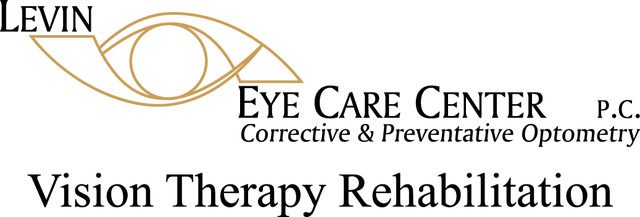The majority of people will experience changes to their eyesight as they age.
It’s essential to stay on the watch for signs of age-related vision loss the older we get. As eye health professionals, one of our priorities is making sure our patients are informed so that they both know what to expect and can minimize any risks they may have.
Common Age-Related Vision Changes
These are some of the most common vision changes associated with age:
- Needing more light to see by. As we get older, we often need more light to see by, so you might start needing a few more work lamps and reading lights in your life.
- Greater difficulty seeing to read and do close work. Over time, the lenses in our eyes can become less flexible, making it harder to focus on close-up things. This is called presbyopia.
- Increased sensitivity to glare. This can be particularly difficult while driving.
- Slight changes in color perception. The clear lens in the eye can discolor, distorting the colors we see somewhat.
- Reduced tear production. Having enough tears is essential for keeping your eyes healthy and for maintaining clear vision.
Age-Related Sight-Threatening Conditions
The above changes can be frustrating and things like presbyopia and dry eye can be treated with reading glasses and eye drops, but there are also more serious vision problems associated with age, such as glaucoma, retinal detachment, diabetic retinopathy, macular degeneration, and cataracts. Many of these eye conditions can be treated, delayed, or even reversed, and improvements in technology and science may lead to even better prognoses in the future. Early detection is critical, which is why regular eye exams are so important as we get older.
Protect Your Vision From Aging
In between your eye exams, there’s a lot you can do to promote your healthy vision. Below are some tips and tricks.
- Stay active, eat healthy, and don’t smoke: These will all reduce your chances of developing sight-threatening conditions, not to mention what they can do for your overall health! Just make sure to also wear UV-blocking sunglasses when you’re out in the sun!
- Get the right amount of sleep: A lack of shut-eye can play havoc with our eye health. Sleep is the time when fluids distribute and hydrate your eyes, rejuvenating them for the next day.
- Give your eyes a break: follow the 20-20-20 rule: every 20 minutes, spend 20 seconds focusing on something at least 20 feet away. Your eyes will thank you!
- Practice healthy eye hygiene: Remove make up each day by Cleaning and lightly massage your lids with a washcloth and baby shampoo. We offer FSA/HSA Eligible pre-moistened lid scrubs made by OCuSOFT.
- Keep your eyes hydrated and moisturized: Drink plenty of water and use artificial tears aka lubricating eye drops if you are experiencing dry eye symptoms. Omega-3 fish oils and supplements like MaxiVision contain vitamins and minerals that will help keep your eyes moist and comfortable.
Your Lifelong Vision Health Is Our Goal!
It is impossible to overstate how important yearly eye exams are for your healthy vision. If it’s been a while since we last saw you or if you’ve noticed any changes in your vision, there’s no time like the present to schedule an appointment!
